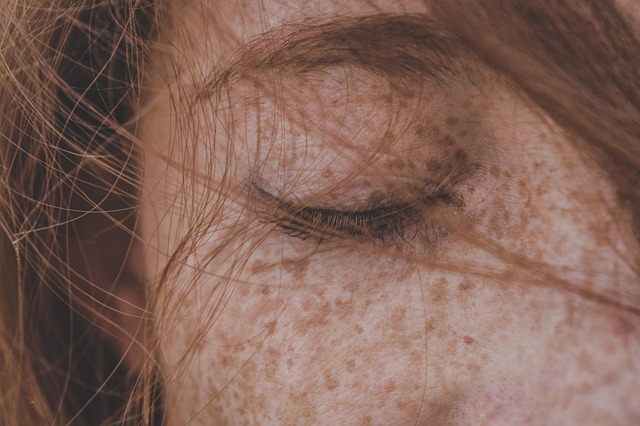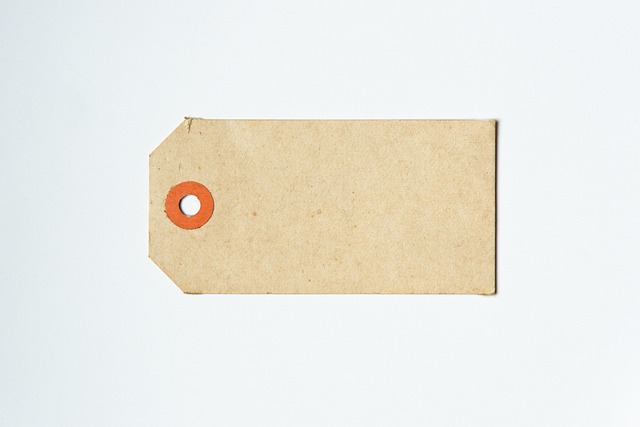Skin tags, common in Liverpool, are soft bumps caused by friction, genetics, or hormonal changes. Removal options range from non-surgical (cryotherapy, excision) to at-home treatments, with laser offering long-term results. Over-the-counter creams are safe for small tags but may not be effective for larger ones. Consulting a dermatologist is recommended for personalized care and professional techniques like cryotherapy or excision for permanent solutions. Post-removal, maintaining healthy skin through exfoliation, hydration, diet, and protection from harsh conditions prevents recurrence (Skin Tag Removal Liverpool).
Tired of unsightly skin tags? This comprehensive guide explores the most effective ways to bid them farewell. We delve into the science behind skin tags, dissecting their causes and various types. From non-surgical methods to topical treatments, we review options available in Liverpool and worldwide. Learn the pros and cons of at-home care versus professional services, plus tips for preventing recurrence. By the end, you’ll be armed with knowledge to make an informed decision for flawless skin.
- Understanding Skin Tags: Causes and Types
- Non-Surgical Removal Methods Explained
- Topical Treatments and Creams Reviewed
- At-Home Care vs Professional Services
- Preventing Skin Tag Recurrence Post-Removal
Understanding Skin Tags: Causes and Types

Skin tags, medically known as acrochordons, are small, soft flesh-colored bumps that can appear anywhere on the body, but they’re most commonly found in areas where skin rubs against itself, like the neck, armpits, and groin. They’re typically harmless, but many people choose to remove them for cosmetic reasons or because they find them irritating.
There are various types of skin tags, including single tags and cluster tags. Single tags are individual bumps, while cluster tags form groups of small tags connected by a thin strand of tissue. The causes of skin tags include genetics, hormonal changes, obesity, and frequent friction or irritation of the skin. When it comes to Skin Tag Removal Liverpool, there are several options available, from non-surgical procedures like freezing (cryotherapy) and cutting (excision) to at-home treatments, each with its own set of benefits and potential risks.
Non-Surgical Removal Methods Explained

There are several non-surgical removal methods available for those seeking effective skin tag elimination in Liverpool or beyond. One popular choice is cryotherapy, where extreme cold is used to freeze and destroy the skin tags. This procedure is usually quick, minor, and can be performed in a doctor’s office. Another common technique involves using a scalpel to cut off the tag, a method that requires precision and should only be carried out by qualified professionals.
Laser treatments have also gained popularity as a non-surgical option. Using targeted laser light, these procedures break down the skin cells of the tag, allowing the body to naturally remove it. This method is often more expensive but offers long-term results and minimal scarring. Each technique has its advantages and may suit different individuals depending on factors like the size, number, and location of the skin tags.
Topical Treatments and Creams Reviewed

Many people opt for topical treatments and creams as a non-invasive approach to skin tag removal in Liverpool. Over-the-counter options are readily available, often containing ingredients like salicylic acid or formaldehyde, which work by drying out and shedding the skin tags. These treatments are generally safe and effective for small, mild skin tags but may not be suitable for larger or more numerous growths.
It’s important to note that while these creams can provide a simple solution, they might not offer permanent results. Some users have reported varying levels of success, with some finding complete removal and others seeing only a reduction in size. As always, it’s recommended to consult with a dermatologist for personalized advice, especially if you have concerns about potential side effects or if your skin tags are causing discomfort.
At-Home Care vs Professional Services

Many people opt for at-home care when it comes to addressing skin tags, likely due to its convenience and cost-effectiveness. Over-the-counter creams and treatments are easily accessible and can provide good results in some cases. However, for larger or more persistent skin tags, professional services like those offered by expert skin tag removal Liverpool specialists may be the superior choice.
A qualified professional can offer advanced techniques such as cryotherapy or surgical excision, ensuring a faster and often more permanent solution. While at-home methods might take longer to show results, they are generally gentler on the skin. The decision between at-home care and professional services ultimately depends on the individual’s preferences, budget, and the size and location of the skin tags.
Preventing Skin Tag Recurrence Post-Removal

After successfully removing skin tags, preventing their recurrence is a crucial step in maintaining healthy skin. There are several measures individuals can take to reduce the chances of new skin tags forming in Liverpool or elsewhere. One effective method is regular exfoliation, which helps remove dead skin cells and keeps the skin surface smooth. Additionally, staying hydrated by drinking ample water can promote skin health and prevent tag development.
A balanced diet rich in vitamins and minerals is another preventive strategy. Certain nutrients play a vital role in skin health, and ensuring an adequate intake may hinder the growth of skin tags. Moreover, protecting the skin from harsh conditions, such as excessive sun exposure or friction, is essential. Using sunscreen and wearing loose-fitting clothing can offer much-needed shield against these environmental factors in Liverpool’s diverse climate.
When it comes to skin tag removal in Liverpool, understanding your options is key. From non-surgical methods like cryotherapy and ligation to topical treatments and creams, each has its pros and cons. Professional services offer expertise but at a cost, while at-home care provides convenience and cost-effectiveness. To prevent recurrence, consistent skincare routines and regular check-ups are essential. By choosing the best method for your needs and maintaining proper aftercare, you can bid farewell to skin tags effectively and move on to a smooth, tag-free life.
